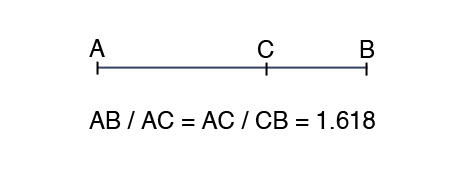There are a lot of idealists out there. People who hold to an ideal, a utopia, a hope, a picture of perfection. Among the poets and the literary/artistic individuals, idealism runs rampant. Disappointment and sorrow follow close behind. It all kinda goes hand in hand.
The idealist view of Nature as something perfectly beautiful is simply wrong. Nature/reality is more complicated than that. Richer. Clouds are not “bows and floes of angel hair”, as Joni Mitchell put it. Have you ever been in an airplane and flown through a cloud? It’s just a lot of cold water vapor, ain’t it? The earth, our Gaia, our Mother Earth, our great, big, beautiful, blue orb truly is sublime. the world is stunningly beautiful. But our planet is also a smoldering, molten inferno. We only see the crust on top.
Everything we do see and perceive and think is maya of course. Our physical world, the objects on the table, the table, our bodies are not solid objects really. They are mostly empty space. It’s true. The spatial reality of an atom resembles that of a ping-pong ball nucleus on the second base bag in the middle of Yankee Stadium circled by some electrons out in the bleachers and in the upper deck. And the atom itself is composed of particles that are apparently more like stringy vibrations than real matter. Our universe, to take the larger view, is similarly full of inconceivably endless space, scattered dust, black holes, and thermonuclear violence.
That’s reality. And, paradoxically – or rather to our great relief and pleasure – that reality turns out to be even more fascinating and interesting than the “ideal” world of sunshine and cookies.
Here’s to the wonder of the expanding universe, to quantum physics and to its immutable uncertainty………………………………….
In my book One Life or The Lives of Chester Knowles, my character, old Chester Knowles, writes in his diary (page 65):
The woods here are so beautiful. There is beauty everywhere. The world is beautiful. But a certain inevitable kind of cruelty is going on at the same time. In the weather, in the living and the dying, it’s all very cruel……..The white snow falls softly in the woods, and collects ever so silently, so slowly on the limbs of the trees. The snowflakes accumulate. But some of the branches finally grow too heavy, and they crack and tumble to the ground. The beautiful white snow has killed them. Perhaps they were weaker branches – survival of the fittest. Natural selection is inherently cruel. The wind attacks and tears at the trees and mountainsides with a vengeance, as if there were an old score to settle. A giant tree, a sugar pine, crashes violently onto the ground. The cold air vibrates, the chipmunks and squirrels hear the terrible sound. A whole world is gone. Plants are crushed, animals die. A space is left, but it will soon be filled. Any debris is carried off by water, eaten. Everything eventually gets eaten.…Well, Nature is full of death. Life and death, there is both harshness and beauty in nature. They co-exist. As for my own death, and now this second life which I have apparently entered, I simply do not understand it, nor will I try to understand it any longer.
 As I was sitting on the bus and waiting calmly for the inspiration to write to rise from the depths and wash over me (as it usually does when I sit on the bus), as I was sitting there, I had the realization that perhaps I could seek inspiration and perhaps obtain an even higher level of inspiration from another activity or venue. Depending on the buses for inspiration was so plebian, and, let us be frank, quite a dull way to obtain “inspiration”.
As I was sitting on the bus and waiting calmly for the inspiration to write to rise from the depths and wash over me (as it usually does when I sit on the bus), as I was sitting there, I had the realization that perhaps I could seek inspiration and perhaps obtain an even higher level of inspiration from another activity or venue. Depending on the buses for inspiration was so plebian, and, let us be frank, quite a dull way to obtain “inspiration”.



